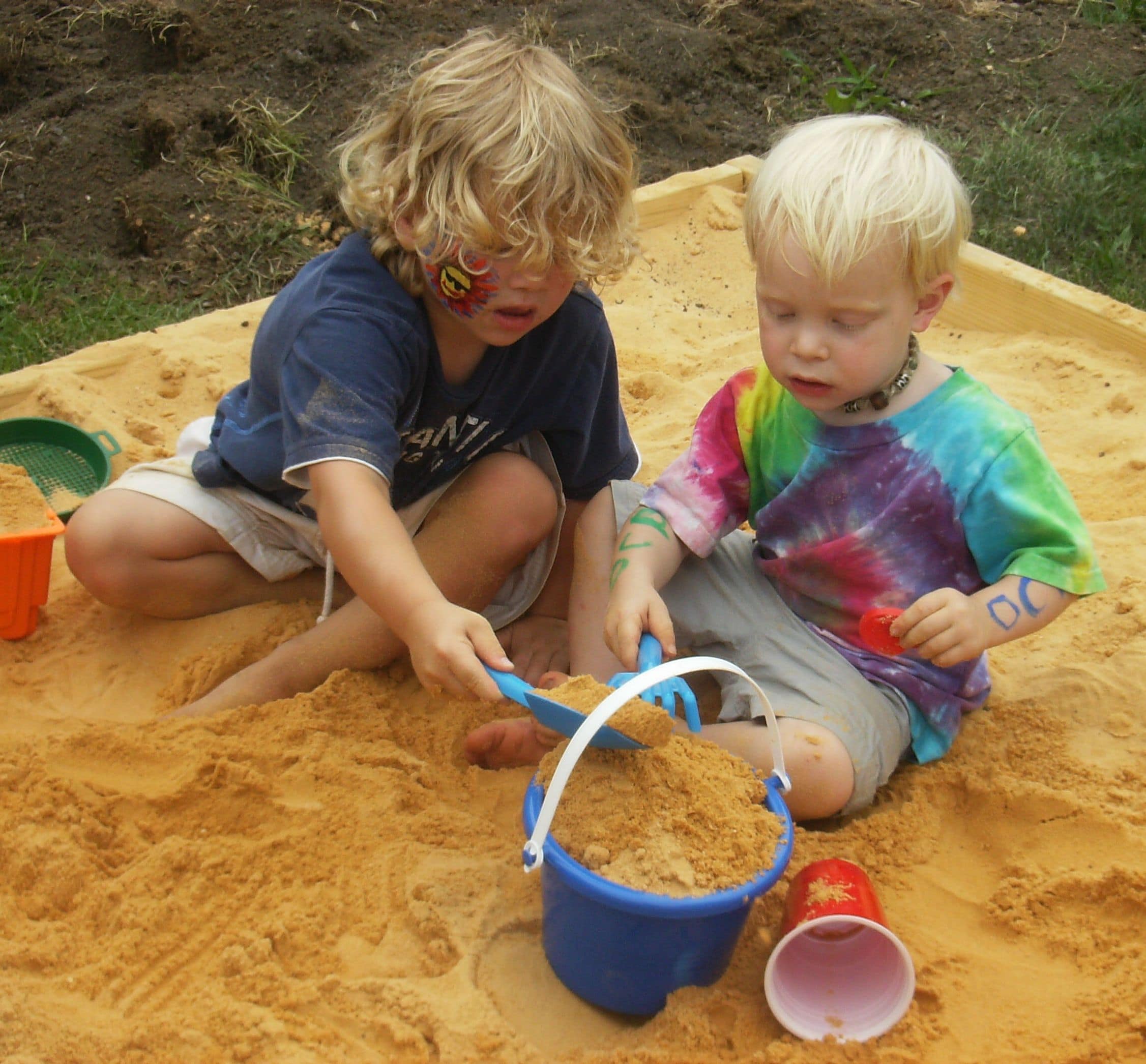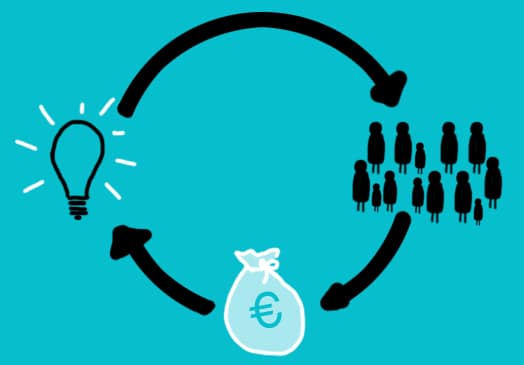What do the children’s behaviors teach us about learning? In educational and psychological studies, reasoning skills and peer interaction have been a primary focus of attention. Examining how children solve problems and how they interact with each other constitutes an ideal scenario to understand the learning process.
Have you ever wondered how the Psychology Education Committee works? Recently, on behalf of Diemensies, Ruud Wassink and I interviewed two student members about their tasks, making improvements to the educational program, and how students can help.
This blog post discusses the issue of free will from a psychological perspective. More specifically, it examines the implications of subconscious priming with respect to our understanding of free will. Lastly, this post is a rebuttal to some of the arguments presented in Mark Balaguer’s book “Free Will”.
Addicted to smartphones? This blog post critically reviews the current state of psychological research concerning the impacts of extensive smartphone use. Important issues are highlighted by the outline of some important psychological studies.
This blog post deals with the unrealistic beauty standard of the media and how it can influence individuals. The psychological stress and even illnesses, such as bulimia and anorexia nervosa that this beauty standard evokes, underlines the urgency of examining how this standard can be changed.
You don’t have to be a gambler to commit a gambler’s mistakes. Here, I present the idea that misconceptions of chance and probability can eventually lead to misunderstandings in society and erroneous stereotypical judgments.
This post is about how sports, mindfulness, and an open mind helped one student deal with the rising problem of (academic) pressure. As many other students are also trying to deal with stress and anxiety, this post is a must-read for all students and staff.
Crowdfunding has reached the world of science, for better or worse. Controversial research fields, such as the ones utilizing potent psychedelics, do not attract many traditional funding sources. These financial obstructions hinder the accumulation of scientific evidence necessary for an informed evaluation of the research fields’ scientific merit. Crowdfunding could give researchers the chance to establish their fields’ scientific legitimacy.
Are you ready for the summer yet? Do you know what you’ll be reading on your vacation? If you are still not sure, Mindwise has you covered! Six colleagues and students have picked their favourite books to take on holiday and we are giving all of them away to one lucky winner!









